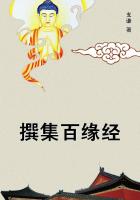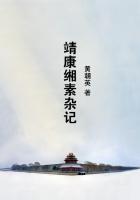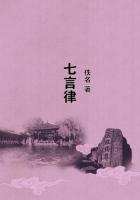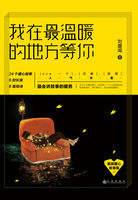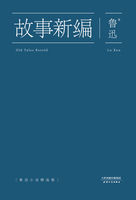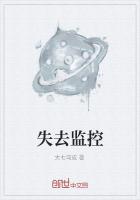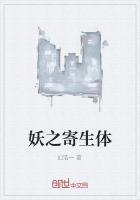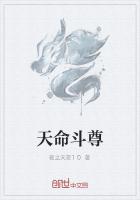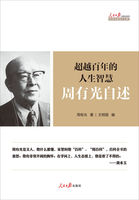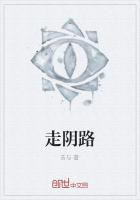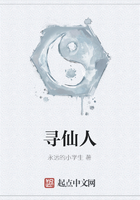One of my consular colleagues under Motley was another historian, of no such popularity, indeed, nor even of such success, but perhaps not of inferior powers. This was Richard Hildreth, at Trieste, the author of one of the sincerest if not the truest histories of the United States, according to the testimony both of his liking and his misliking critics.
I have never read his history, and I speak of it only at second hand; but I had read, before I met him, his novel of 'Archy Moore, or The White Slave', which left an indelible impression of his imaginative verity upon me. The impression is still so deep that after the lapse of nearly forty years since I saw the book, I have no misgiving in speaking of it as a powerful piece of realism. It treated passionately, intensely, though with a superficial coldness, of wrongs now so remote from us in the abolition of slavery that it is useless to hope it will ever beg generally read hereafter, but it can safely be praised to any one who wishes to study that bygone condition, and the literature which grew out of it. I fancy it did not lack recognition in its time, altogether, for I used to see it in Italian and French translations on the bookstalls.
I believe neither his history nor his novel brought the author more gain than fame. He had worn himself out on a newspaper when he got his appointment at Trieste, and I saw him in the shadow of the cloud that was wholly to darken him before he died. He was a tall thin man, absent, silent: already a phantom of himself, but with a scholarly serenity and dignity amidst the ruin, when the worst came.
I first saw him at the pretty villa where he lived in the suburbs of Trieste, and where I passed several days, and I remember him always reading, reading, reading. He could with difficulty be roused from his book by some strenuous appeal from his family to his conscience as a host. The last night he sat with Paradise Lost in his hand, and nothing could win him from it till he had finished it. Then he rose to go to bed. Would not he bid his parting guest good-bye? The idea of farewell perhaps dimly penetrated to him. He responded without looking round, "They, hand in hand, with wandering steps and slow, Through Eden took their solitary way,"and so left the room.
I had earlier had some dealings with him as a fellow-consul concerning a deserter from an American ship whom I inherited from my predecessor at Venice. The man had already been four or five months in prison, and he was in a fair way to end his life there; for it is our law that a deserting sailor must be kept in the consul's custody till some vessel of our flag arrives, when the consul can oblige the master to take the deserter and let him work his passage home. Such a vessel rarely came to Venice even in times of peace, and in times of war there was no hope of any. So I got leave of the consul at Trieste to transfer my captive to that port, where now and then an American ship did touch. The flag determines the nationality of the sailor, and this unhappy wretch was theoretically our fellow-citizen; but when he got to Trieste he made a clean breast of it to the consul. He confessed that when he shipped under our flag he was a deserter from a British regiment at Malta; and he begged piteously not to be sent home to America, where he had never been in his life, nor ever wished to be. He wished to be sent back to his regiment at Malta, and to whatever fate awaited him there. The case certainly had its embarrassments; but the American consul contrived to let our presumptive compatriot slip into the keeping of the British consul, who promptly shipped him to Malta. In view of the strained relations between England and America at that time this was a piece of masterly diplomacy.
Besides my old Ohio-time friend Moncure D. Conway, who paid us a visit, and in his immediate relations with literary Boston seemed to bring the mountain to Mahomet, I saw no one else more literary than Henry Ward Beecher. He was passing through Venice on his way to those efforts in England in behalf of the Union which had a certain great effect at the time; and in the tiny parlor of our apartment on the Grand Canal, I can still see him sitting athletic, almost pugilistic, of presence, with his strong face, but kind, framed in long hair that swept above his massive forehead, and fell to the level of his humorously smiling mouth. His eyes quaintly gleamed at the things we told him of our life in the strange place; but he only partly relaxed from his strenuous pose, and the hands that lay upon his knees were clinched. Afterwards, as he passed our balcony in a gondola, he lifted the brave red fez he was wearing (many people wore the fez for one caprice or another) and saluted our eagle and us: we were often on the balcony behind the shield to attest the authenticity of the American eagle.


